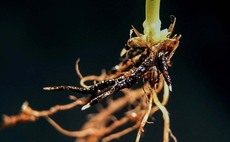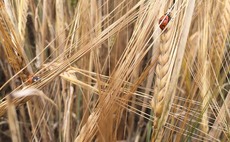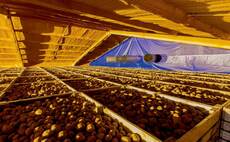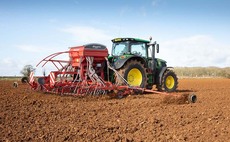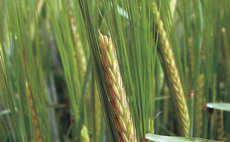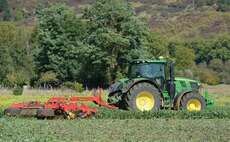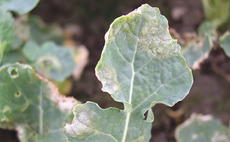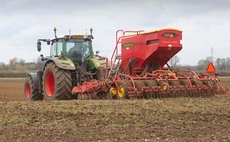Arable Farming
Arable
The EU Standing Committee on Plants, Animals, Food and Feed (SCoPAFF) has voted not to renew approval for active substance, mancozeb, a fungicide widely used in control of potato late blight and alternaria.
Arable
With rotations being turned on their head following the hit and miss 2019/20 drilling campaign, some crops may now be at greater risk of the soilborne disease, take-all.
Arable
The UK’s farmland is abundant with insects; some are pests, but many will help to protect and promote crops. Alice Dyer finds out how growers can encourage more natural predators into their fields.
Arable
A temporary Maximum Residue Limit (MRL) for the sprout inhibitor, chlorpropham (CIPC) has been given approval.
Arable
Progress with drilling is variable across the country, tending to be more complete the further north you go. However, wet conditions in some areas are raising concerns over a second consecutive autumn of delayed drilling.
Arable
Spring barley production is estimated to have increased from 4.5mt (2019) to an estimated 6.3mt in 2020, however, quality issues may leave malting markets, tight.
Arable
Last year, Bayer announced it was developing a new business model that meant it would share some of the risk associated with growing crops with its customers.
Arable
Bayer is piloting a programme that pays farmers to adopt more climate-friendly practices that sequester carbon.
Arable
AHDB’s light leaf spot preliminary forecast shows that the disease risk to winter oilseed rape (OSR) ranks among the lowest recorded in recent years.
Arable
Unsettled weather has resulted in some winter wheat crops now being drilled later than initially planned. This means some important adjustments to autumn agronomy may be needed
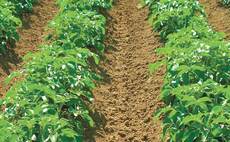
 26 October 2020
•
1 min read
26 October 2020
•
1 min read
